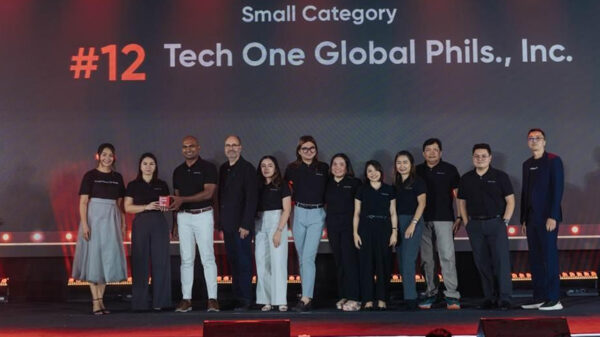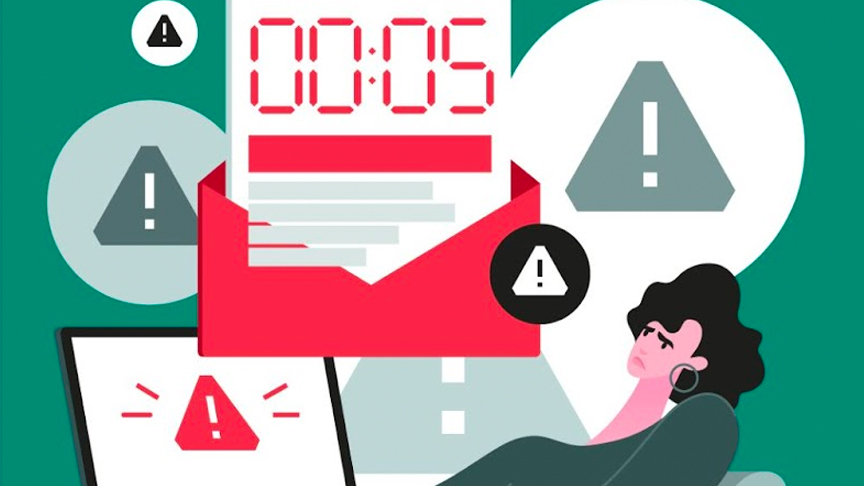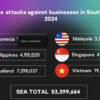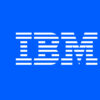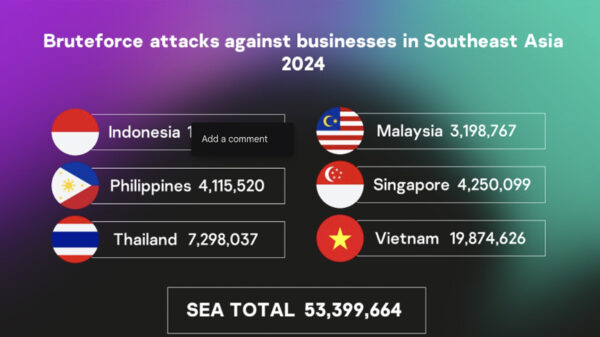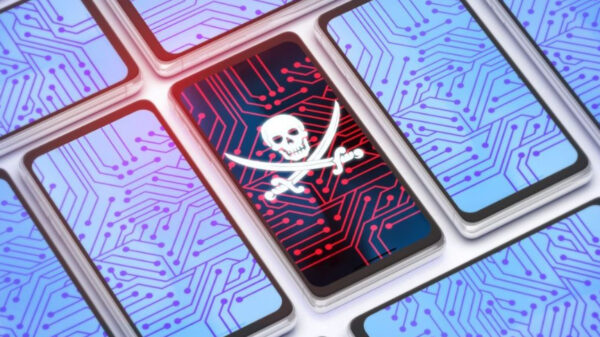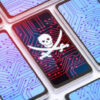The latest Kaspersky report reveals 24% of companies with 50 to 999 employees are ready to use pirated alternatives of business software to decrease IT spending. Among small businesses (less than 50 employees), only 8% are ready to take this step. This measure can seriously affect corporate cyber safety since adversaries actively distribute malicious files under the guise of most used software.
According to Kaspersky Security Network (KSN), in just eight months the total number of users who encountered malware and unwanted software masquerading as the most popular software products for small and medium businesses was 9,685. In general, 4,525 unique malicious or potentially unwanted files were spread via unofficially distributed (including pirated) SMB-related software.
The Kaspersky study aims to explore which crisis management tactics business leaders find most successful, and how some steps can seriously affect a company’s cyber resilience. Safe measures such as seeking lower-cost contractors and adopting free alternatives of usual software are most popular with the respondents, gaining 41% and 32% respectively, but 15% of surveyed business leaders would replace their software with a pirated version to cut costs.
As for the type of programs respondents believe they could replace with hacked copies, the majority chose project management, marketing and sales software – 41% even agree to use pirated cybersecurity software.
What types of software would you replace with a pirated alternative?
“A lack of resources is a common situation for small and medium businesses but use of pirated or hacked software should be completely excluded if an organization values its safety, reputation and income. Pirated copies of software usually come with Trojans and miners and do not contain the fixes or patches released by developers to close vulnerabilities that might be exploited by cybercriminals. Official free alternatives are much better options for those who need to save money on IT,” – comments Alexander Shlychkov, Product Marketing Lead at Kaspersky
To avoid data leakage and financial losses caused by an infected software installation, implement the following Kaspersky’s recommendations:
- Make sure your employees use standard accounts without admin rights. That will prevent them from accidentally installing a Trojan mistaken for productivity software.
- You can use free security solutions. They usually have less functions than paid products but still might be very helpful. Choose a solution based on the independent tests’ results, and download it directly from the developer’s site.
- To avoid paying hidden miner electricity bills, try to constantly monitor your devices’ efficiency. If your gadget is slowing down, overheats, and makes a lot of noise even when no one is using it, someone might have installed a miner on the device which is overloading the processor and video card. Use a security solution that detects not only malicious programs but also potentially unwanted installments.
- Update your operating system, security software, browser and all the programs you work with as soon as a new update comes out.
- Implement regular backups of important files in a cloud service and on alternative hardware. That will allow you to have a copy even if ransomware encrypts your data. A security solution with a remediation feature will let you roll back actions performed by malware in the operating system, delivering protection against cryptolockers.





